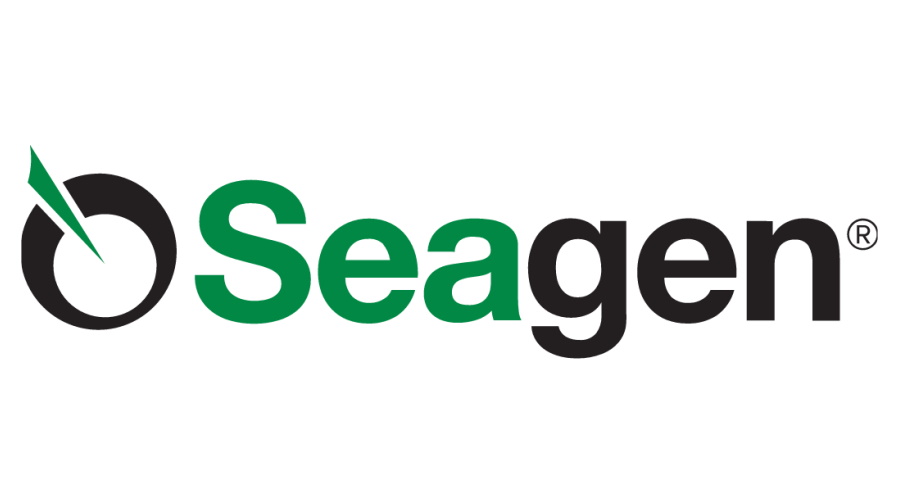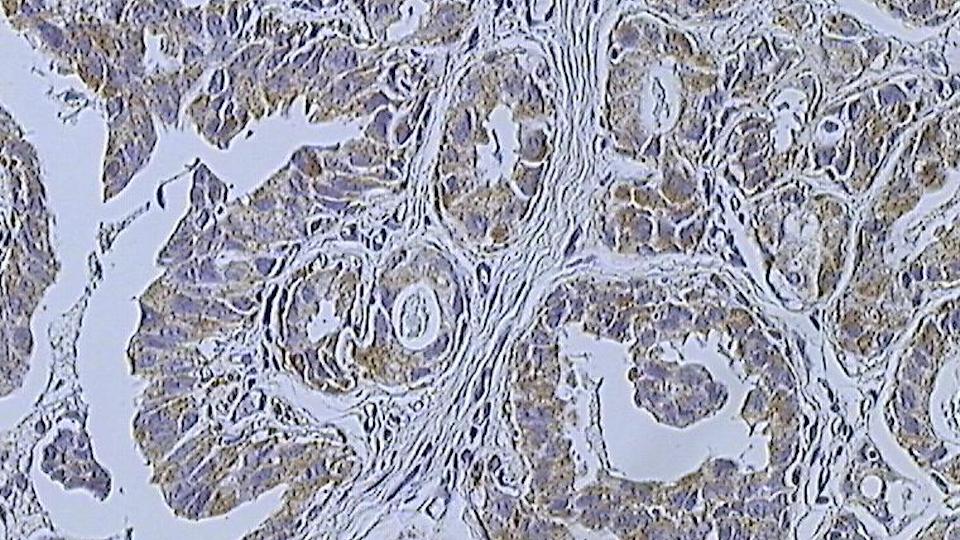MHRA approves Seagen’s oral HER2 drug Tukysa

The UK drugs regulator has approved Seagen’s Tukysa as a third-line treatment for HER2-positive breast cancer, shortly after it was given a green light by the European Commission.
Tukysa (tucatinib) – an orally-active HER2 inhibitor – can be used in combination with anti-HER2 antibody trastuzumab and chemotherapy capecitabine in patients treated with two prior anti-HER2 regimens, according to the MHRA.
It’s the third oral HER2 drug to be approved for use in the UK and Europe, but could be the first with a chance to generate blockbuster sales, according to analysts.
As a result of Brexit, the MHRA approval applies to England, Scotland and Wales, while the European Commission has cleared use of the drug in Northern Ireland, which remains under its regulatory remit for the remainder of this year.
According to Seagen – known as Seattle Genetics until a name change last year – Tukysa is the first HER2 tyrosine kinase inhibitor shown to improve overall and progression-free survival (PFS) in previously treated HER2-positive breast cancer.
The approval is based on the HER2CLIMB study, which involved patients who had previously been treated with Roche’s trio of HER2 drugs Herceptin (trastuzumab), Perjeta (pertuzumab) and Kadcyla (trastuzumab emtansine).
The Tukysa arm demonstrated an improvement in overall survival, with a 34% reduction in the risk of death compared to trastuzumab and capecitabine alone.
In addition, out of the 47% of patients whose cancer had spread to the brain in the study, Seagen’s drug cut the risk of disease progression or death by 52%, thanks to its ability to cross the blood-brain barrier and penetrate the central nervous system.
Seagen’s chief executive Clay Siegall said the company will now “look forward to further collaborating with the national reimbursement bodies to ensure it is available to adult patients” in the UK.
The first oral HER2 drug to reach the market was Novartis’ Tyverb (lapatinib), which is generally reserved for use after HER2 and chemotherapy-based treatment has failed, and is a minor product in Novartis’ oncology portfolio.
Tyverb – known as Tykerb in the US – was followed a couple of years by Puma Biotech/Pierre Fabre’s Nerlynx (neratinib), which is also approved for a different indication. The drug is given as an adjuvant therapy after surgery for early-stage HER2-positive breast cancer to reduce the risk of the disease coming back, and made around $211 million in revenues for Puma last year.
Tukysa was approved by the FDA almost a year ago, and at that time analysts at Leerink predicted sales of the drug could reach $1.6 billion thanks to wording on the US label that allowed second- or third-line use of the drug.
They reckon that Tukysa’s ability to treat tumours that have spread to the brain will help it capture market share from Kadcyla, a go-to second-line therapy.
Seagen is already running trials to expand the use of the drug into earlier lines of breast cancer therapy – including adjuvant and neoadjuvant use – as well as in other solid tumours including colorectal cancer.













